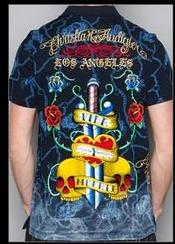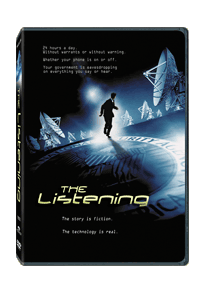 New York — Upper Deck will reportedly pay MLB a “substantial sum” in addition to $2.4 million to settle the trademark infringement and breach of contract lawsuit, according to Reuters. On January 31, 2010, Major League Baseball Properties sued the Upper Deck Company for trademark infringement, trademark dilution, unfair competition, and breach of contract because Upper Deck continued to print baseball trading cards after its license was terminated. Details blogged here.
New York — Upper Deck will reportedly pay MLB a “substantial sum” in addition to $2.4 million to settle the trademark infringement and breach of contract lawsuit, according to Reuters. On January 31, 2010, Major League Baseball Properties sued the Upper Deck Company for trademark infringement, trademark dilution, unfair competition, and breach of contract because Upper Deck continued to print baseball trading cards after its license was terminated. Details blogged here.
It appears that Upper Deck learned from its long and drawn out court battle with Konami. Only after the California District Court ruled that Upper Deck counterfeited hundreds of thousands of Yu-Gi-Oh! trading cards, did Upper Deck decide to settle on the first day of trial. Details here. Conversely, by settling early with MLB, Upper Deck can avoid possible adverse rulings and focus on reviving its business.
The case is Major League Baseball Properties, Inc. v. The Upper Deck Company, LLC, 10-cv-732-RWS (SDNY 2010).
 Los Angeles Intellectual Property Trademark Attorney Blog
Los Angeles Intellectual Property Trademark Attorney Blog


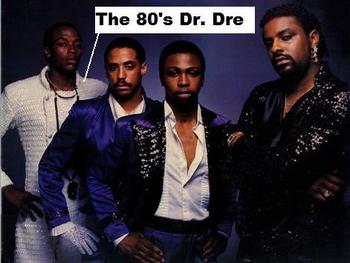
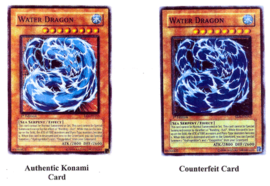

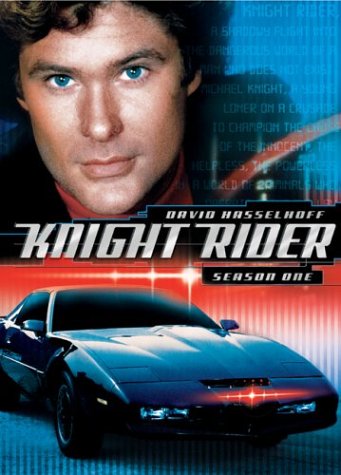 Los Angeles, CA – Wanderlust Media files a trademark infringement and breach of contract lawsuit to prevent a former licensee, Mio Technology, from using KITT’s voice and other deliverables in personal navigation devices (“PND”). Wanderlust licenses and sells certain customized celebrity voices for use in GPS and PND systems. Wanderlust has obtained rights from Universal Studios of certain elements associated with the classic live-action television series entitled “Knight Rider,” including the voice of William Daniels as “K.I.T.T.” – the true star of the show. Sorry David Hasselhoff, but K.I.T.T.’s got the talent, America.
Los Angeles, CA – Wanderlust Media files a trademark infringement and breach of contract lawsuit to prevent a former licensee, Mio Technology, from using KITT’s voice and other deliverables in personal navigation devices (“PND”). Wanderlust licenses and sells certain customized celebrity voices for use in GPS and PND systems. Wanderlust has obtained rights from Universal Studios of certain elements associated with the classic live-action television series entitled “Knight Rider,” including the voice of William Daniels as “K.I.T.T.” – the true star of the show. Sorry David Hasselhoff, but K.I.T.T.’s got the talent, America.
